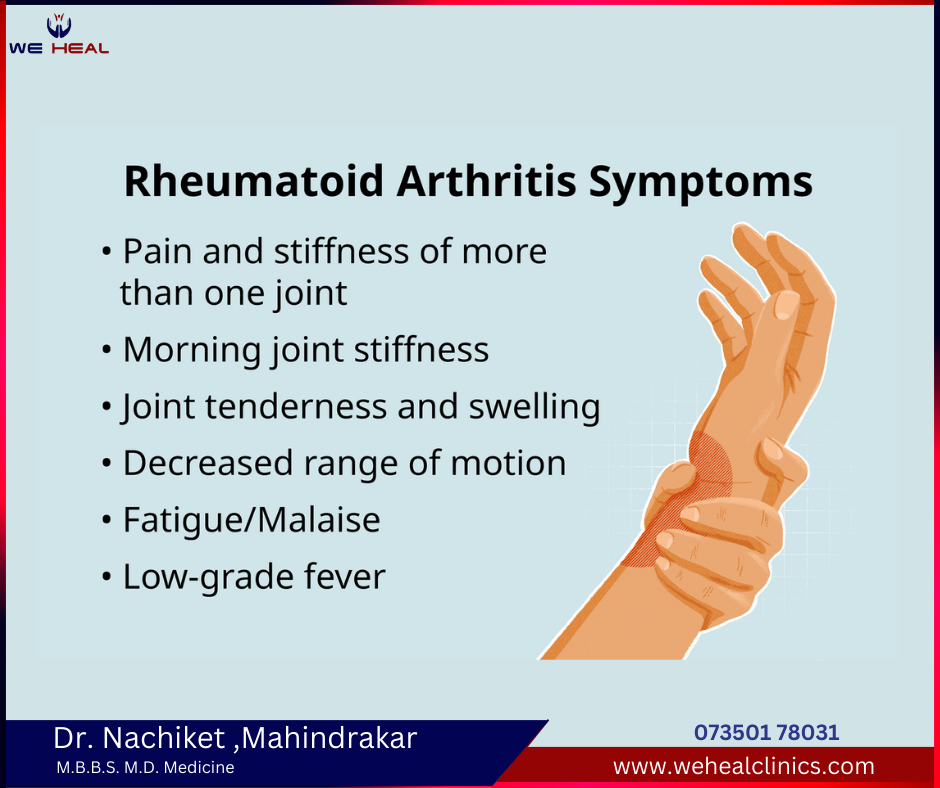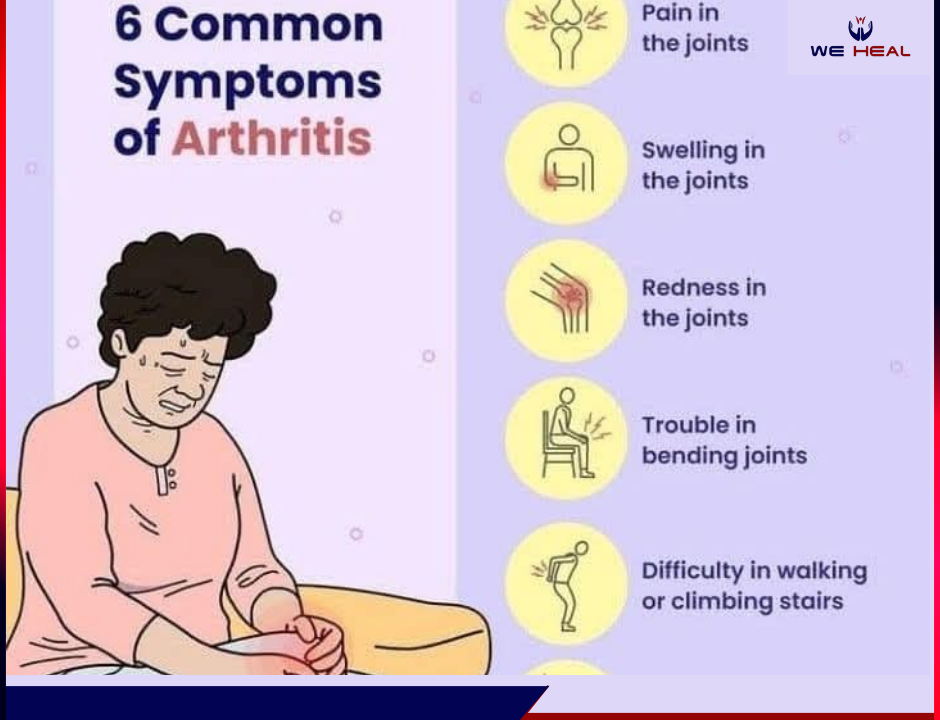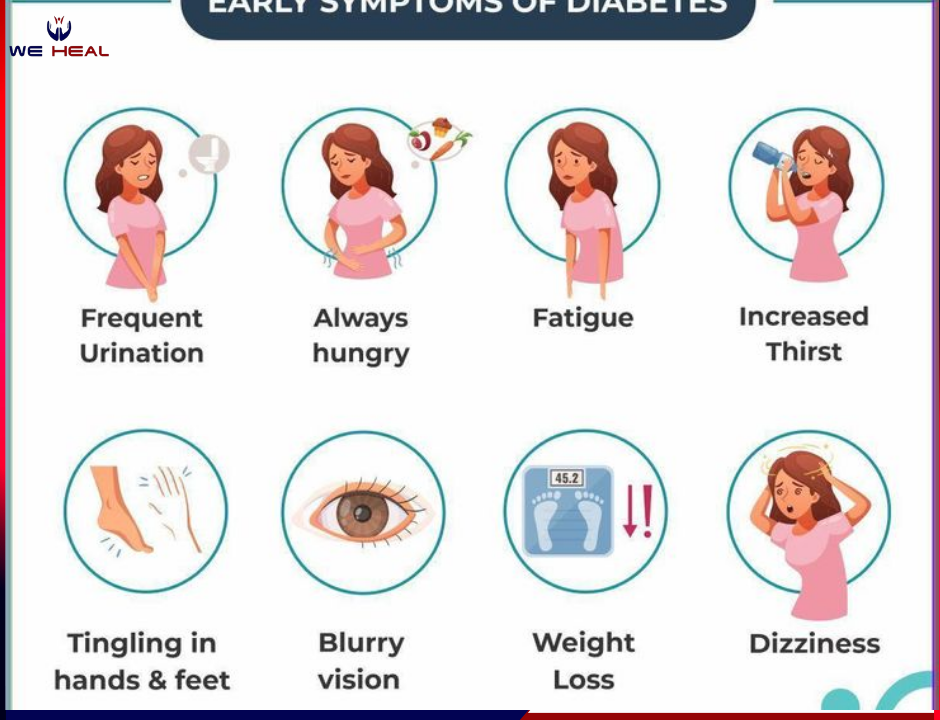
Rheumatoid Arthritis – Causes, Symptoms & Surgery
January 8, 2024
Type 2 Diabetes: Symptoms, Causes and Risk Factors
January 29, 2024Thyroid swellings, including goitre, are common medical conditions affecting the thyroid gland, which is located in the neck. These swellings, also known as a swollen thyroid gland, can result from various underlying causes and may lead to a range of symptoms, affecting an individual’s overall health and well-being. In this blog, we will explore the different types of thyroid swellings, with a primary focus on goitre, their causes, symptoms, and available treatment options. Understanding the complexities of a swollen thyroid gland is crucial for early detection and effective management of these conditions, promoting better thyroid health and improved quality of life.
Causes of goiter and Other Thyroid Swellings
Aside from iodine deficiency, various other factors can lead to thyroid swellings, including:
- Hashimoto’s thyroiditis is an autoimmune disorder where the body’s immune system attacks the thyroid gland, causing inflammation and enlargement.
- Graves’ disease is another autoimmune condition that results in excessive production of thyroid hormones, leading to thyroid enlargement.
- Thyroid Nodules: Abnormal growths or lumps in the thyroid gland that can be benign or, in rare cases, cancerous.
- Thyroid Cancer: Although less common, thyroid cancer can lead to swelling in the thyroid gland.
Symptoms of goiter and Thyroid Swellings
The symptoms of goitre and other thyroid swellings may vary depending on the size and underlying cause, but some common signs include:
- Visible Swelling in the Neck: A noticeable lump or swelling in the front of the neck, which may cause discomfort or difficulty swallowing.
- Changes in Voice: Enlarged thyroid glands can put pressure on the vocal cords, leading to hoarseness in the voice.
- Breathing Difficulties: In severe cases, a large goitre can obstruct the airways and cause breathing problems.
- Thyroid Nodules: The presence of thyroid nodules may lead to pain, tenderness, or a feeling of pressure in the neck.
- Hyperthyroidism or Hypothyroidism Symptoms: In some cases, thyroid swellings can disrupt hormone production, leading to symptoms like weight changes, fatigue, anxiety, or sensitivity to colds.
Diagnosing goiter and Thyroid Swellings
If an individual experiences any symptoms of thyroid swelling, a medical evaluation is crucial. Diagnosis typically involves:
- Physical Examination: A doctor will examine the neck for swelling and check for other symptoms.
- Imaging Tests: An ultrasound, CT scan, or MRI may be used to visualize the thyroid gland and assess its size and structure.
- Blood Tests: Thyroid function tests measure hormone levels and help identify hyperthyroidism or hypothyroidism.
- Fine Needle Aspiration (FNA): If thyroid nodules are present, a small tissue sample may be taken for a biopsy to rule out cancer.
Treatment Options
The treatment for goitre and other thyroid swellings depends on the underlying cause and the severity of the condition.
- Iodine Supplementation: In cases of iodine deficiency, increasing iodine intake through diet or supplements may resolve the goitre.
- Medications: For autoimmune conditions like Hashimoto’s and Graves’ disease, medications can help manage symptoms and regulate hormone levels.
- Radioactive iodine therapy is used to treat hyperthyroidism and reduce the size of the thyroid gland.
- Surgery: If the swelling is causing severe symptoms or is suspected to be cancerous, partial or total thyroidectomy (surgical removal of the thyroid gland) may be necessary
Conclusion
Thyroid swellings, including goitre and other related conditions, can have significant impacts on a person’s well-being and health. Early detection, proper diagnosis, and appropriate thyroid treatment in pune at We Heal Clinic are crucial for managing these conditions effectively. If you notice any symptoms of thyroid swelling, it is essential to consult a healthcare professional promptly. By understanding the causes and treatment options, individuals can take proactive steps towards maintaining a healthy thyroid and overall well-being.




